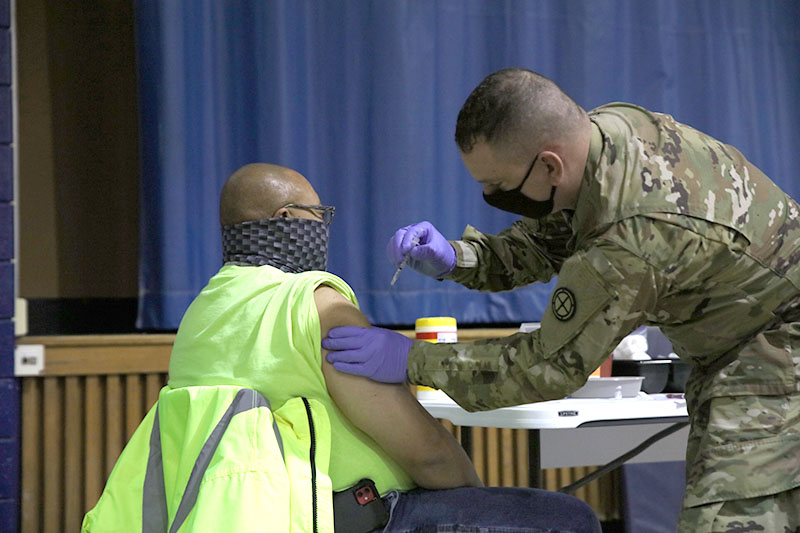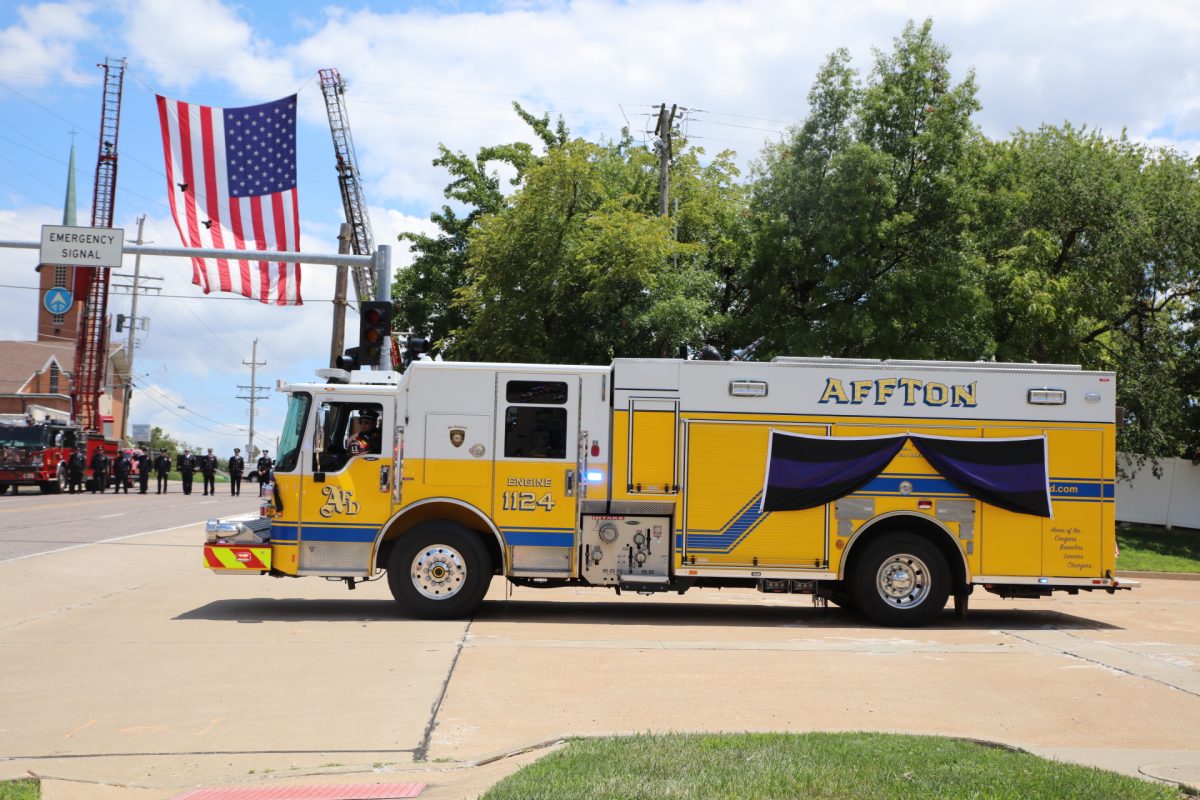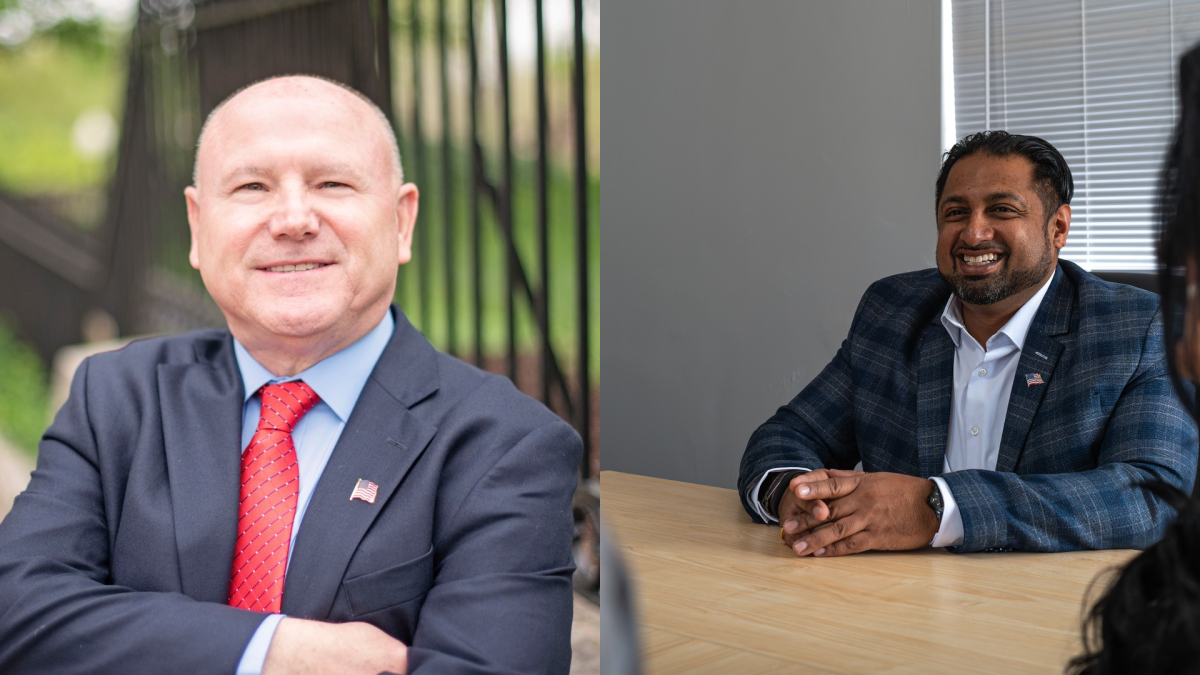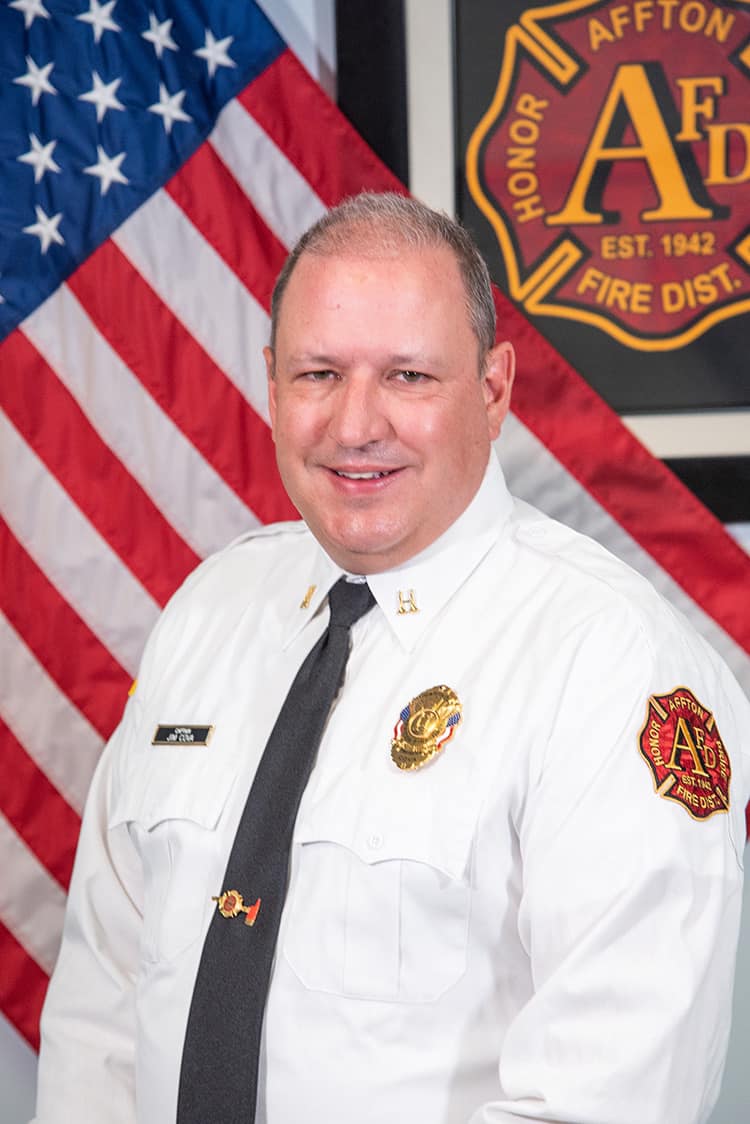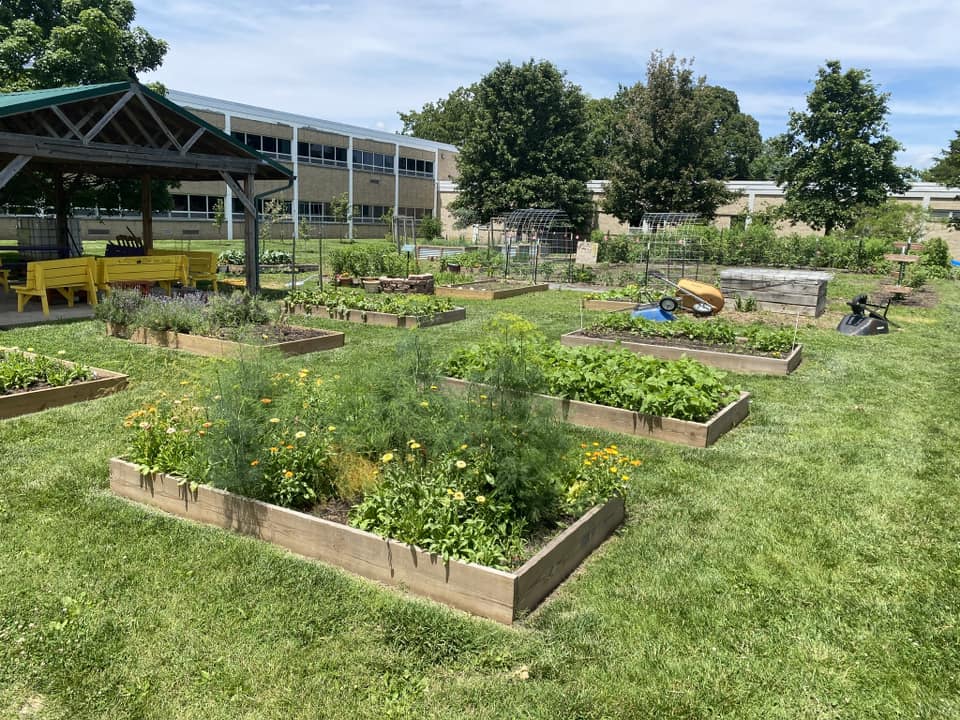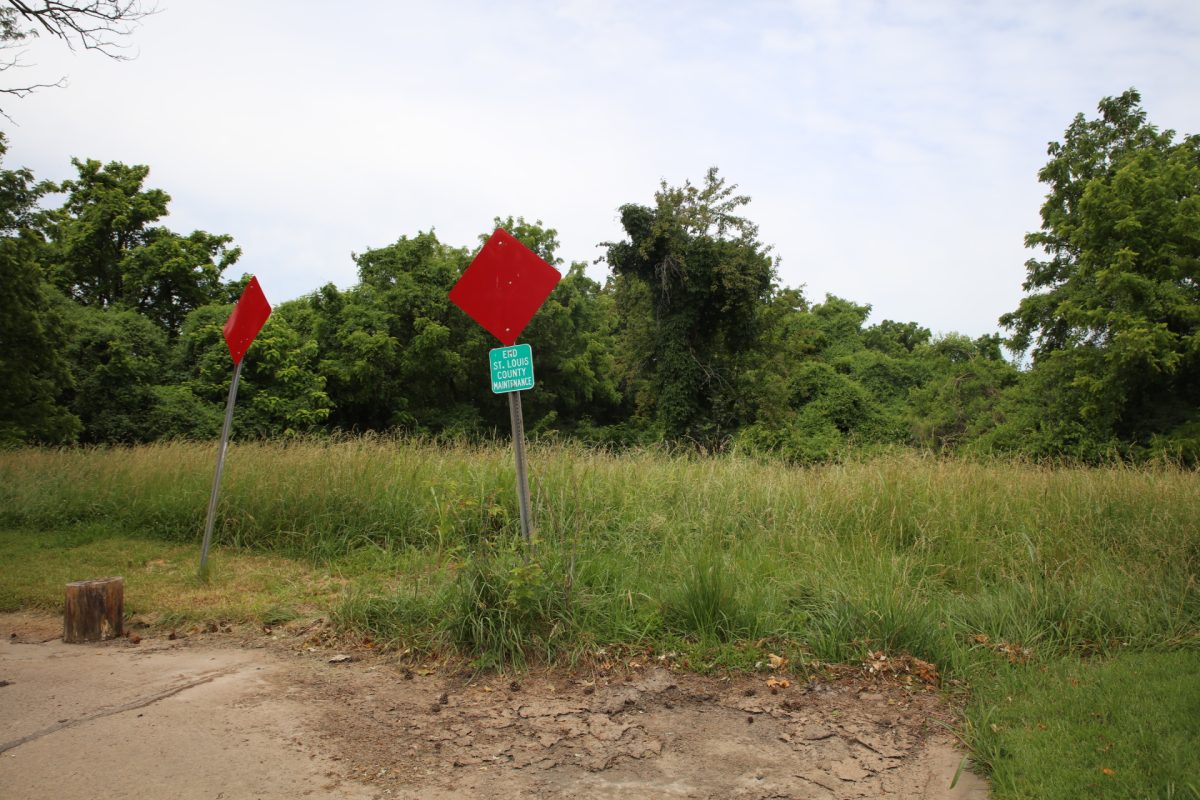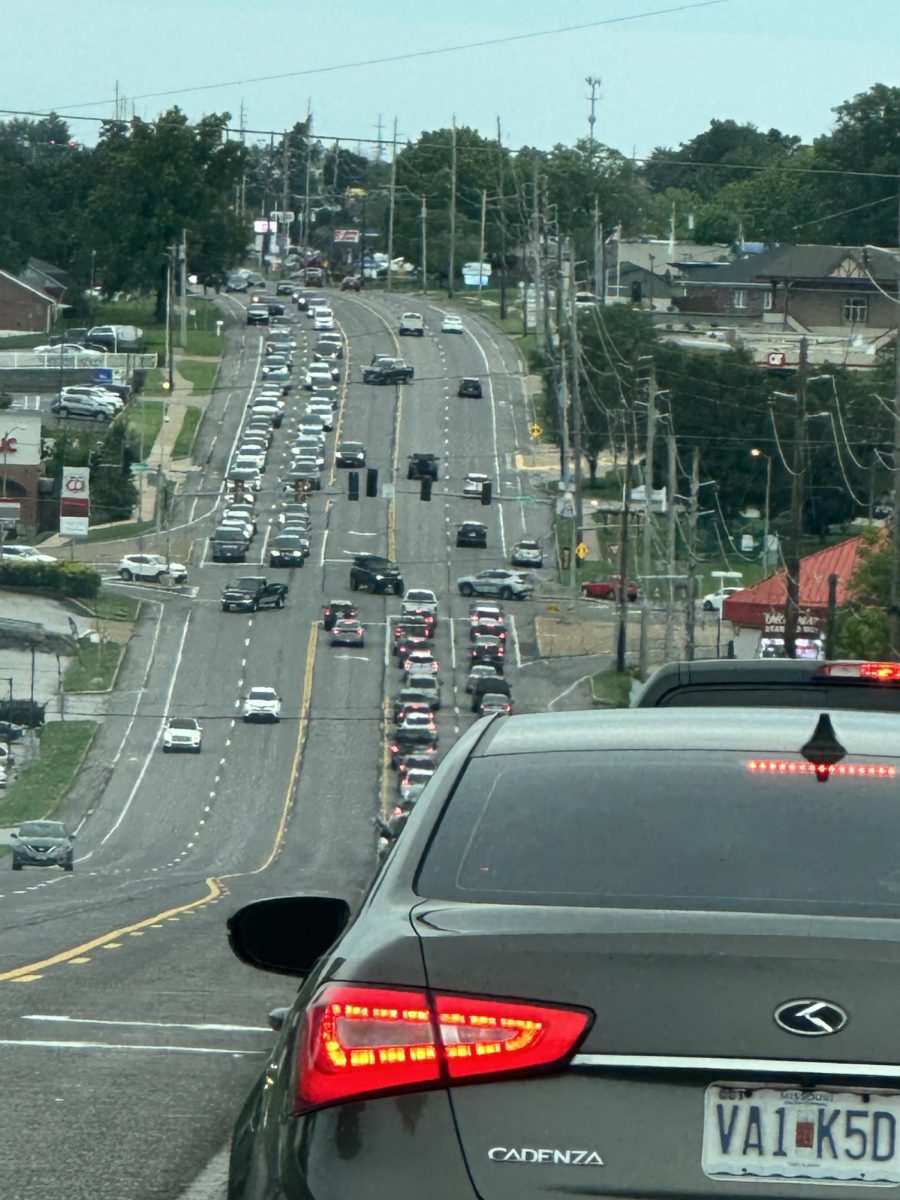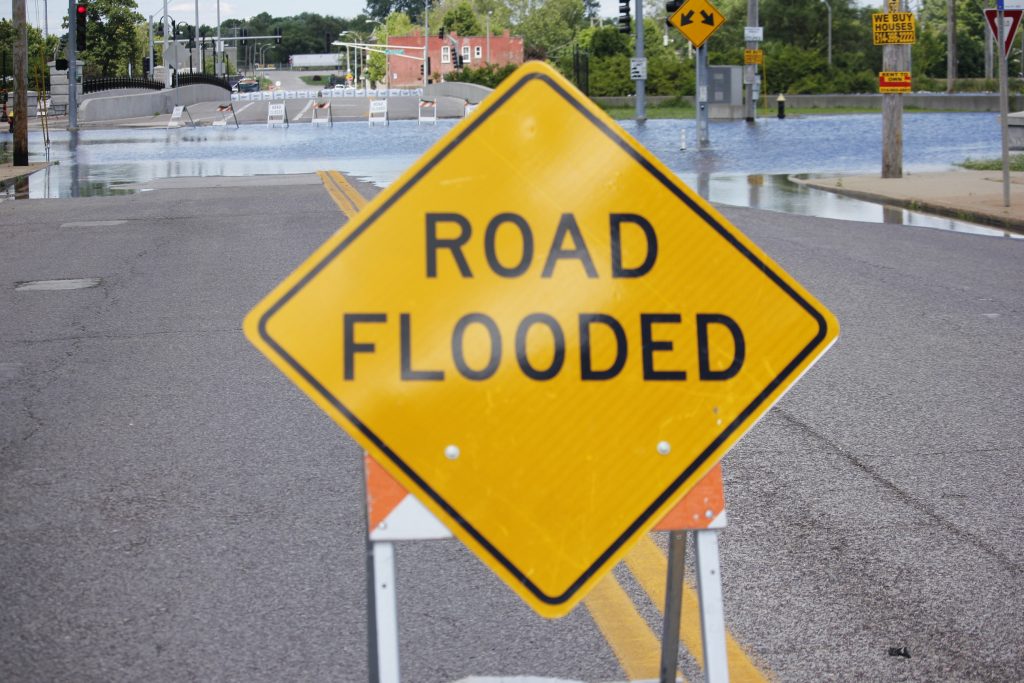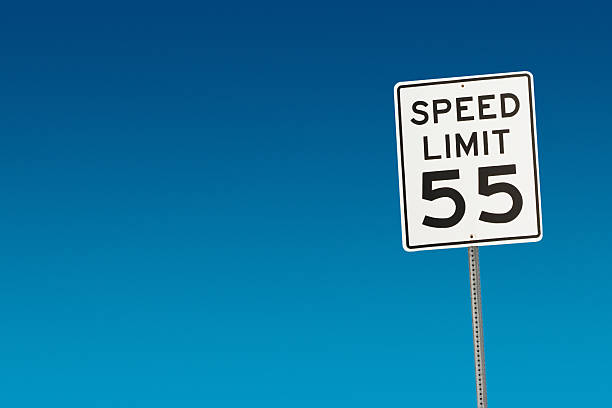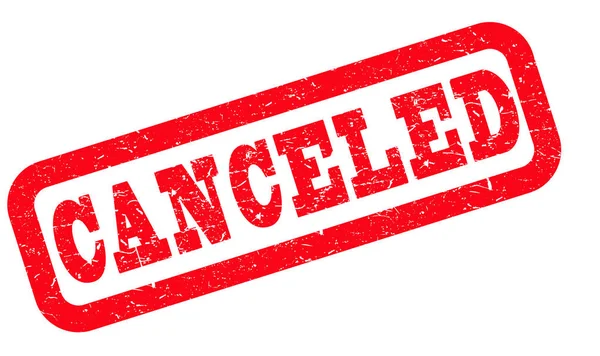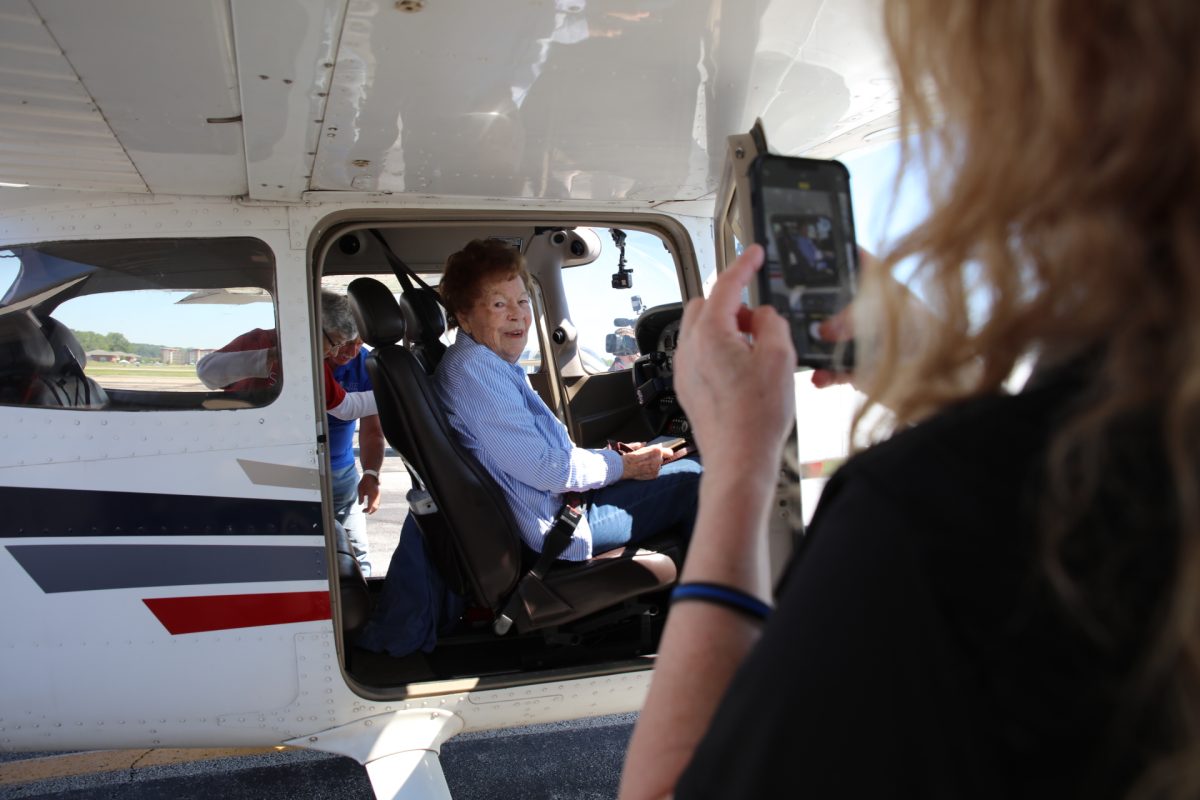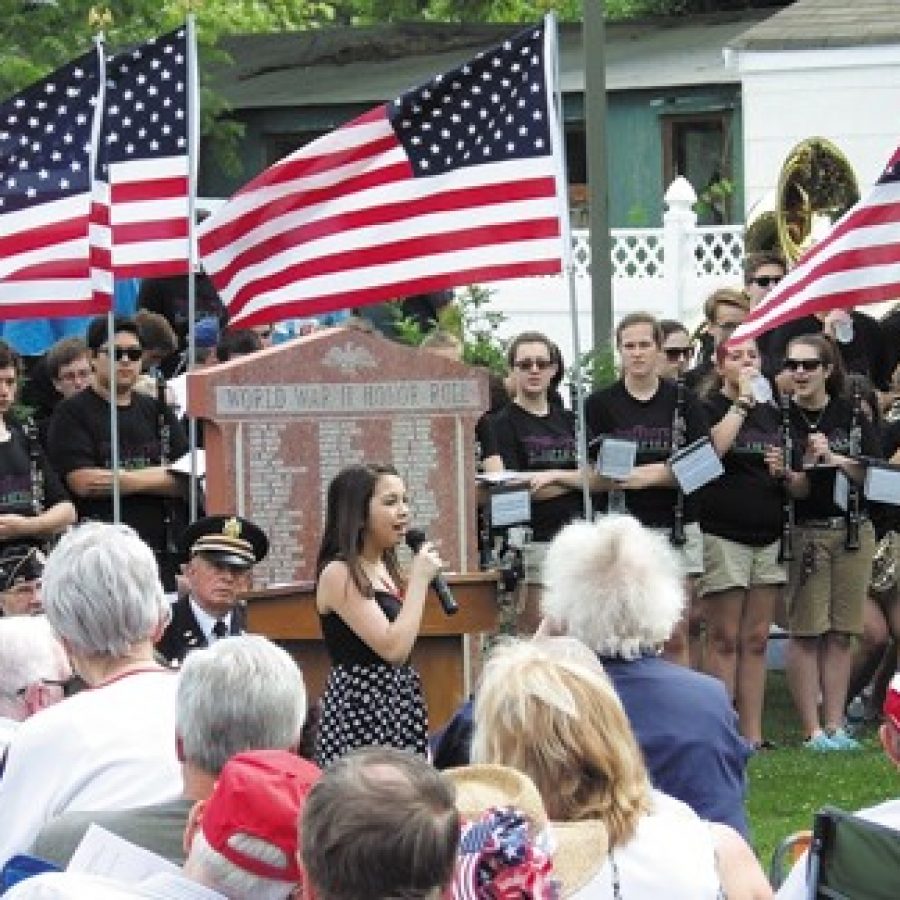St. Louis County officials say they may have pause COVID-19 vaccine efforts this week due to a lack of vaccine supply from the state, despite the county kicking off mass vaccine efforts by opening four vaccine sites and giving out more than 5,000 shots last week. Officials said the county is “well-equipped to provide vaccines to at least 5,000 people per week” and would be able to continue giving shots if the state sent the doses.
If the county has to pause, officials said it will cut off “broad community access” to the shots: More than 300,000 people have registered for vaccines on the county’s preregistration list. A state consultant last week identified St. Louis as a “vaccine desert” along with Kansas City, as rural areas are seeing more public access to the vaccine.
The St. Louis County Department of Public Health is scheduled to run out of vaccine doses Tuesday, Feb. 9. Despite the state publicly announcing it would provide weekly supplies of the vaccine, St. Louis County is now entering its third week without a new supply from the Missouri Department of Health and Senior Services.
The county reached an agreement Monday for local hospital groups to provide 1,950 doses for the public later this week, and the 5,000 doses given out last week also came from local hospitals rather than the state.
“St. Louis County continues to be uncertain when and whether it will receive vaccine doses,” said County Executive Sam Page in a news release. “This makes it incredibly difficult to plan a distribution network and effectively communicate with those who have signed up and are anxiously awaiting an appointment.”
“More importantly,” added Page, “it puts at further risk the population DPH serves, including people who are uninsured or underinsured, people who do not have a primary care physician, and others who are uniquely at-risk and vulnerable to COVID-19. Many of the people who need the vaccine the most simply will not have access to the vaccine.”
Last week, DPH expanded its vaccination operation, opening four additional sites for a total of five locations giving out the shot. The county now offers vaccinations at John C. Murphy Heath Center in Berkeley; the Florissant Valley campus of St. Louis Community College in Ferguson; and the fire districts in Mehlville, Affton and Eureka.
As a result, last week alone, DPH was able to double the number of people vaccinated from the 2,500 vaccinated during the previous week.
But the county found out Monday morning it will not receive any vaccines from the state this week.
The county contends that the state promised vaccines for this week, even sending a copy of a shipping confirmation, and then said the vaccines weren’t being sent. The county provided this timeline of events over the past few weeks:
• During the week of Jan. 25, DHSS declined to send any vaccine to St. Louis County for the week.
• On Jan. 31, one of the local hospital systems, BJC, offered to give St. Louis County 3,900 doses to ensure public access could continue, on the assurance that DHSS would later resupply BJC.
• During the week of Feb. 1, DHSS declined to send any vaccine to St. Louis County for the week. On Feb. 1, the state and the Missouri Hospital Association also issued a press release stating that St. Louis County DPH would receive at least 5,000 doses for the weeks of Feb. 1, Feb. 8, Feb. 15 and Feb. 22.
• On Feb. 3, the state announced to KSDK that St. Louis County “will be receiving 9,500 doses weekly.” The same day, state Health Director Randall Williams gave a PowerPoint presentation about the vaccine rollout that said St. Louis County would receive allocations on Feb. 8.
• On Feb. 4, Williams told KSDK that St. Louis County will be “getting 9,000 doses next week.” That afternoon, DHSS sent a shipping confirmation to St. Louis County stating that DHSS had shipped 3,900 doses of vaccine.
• On the morning of Feb. 5, DHSS told St. Louis County it would receive the promised 9,000 doses through the allocation made to the private health systems. Later that day, DHSS informed St. Louis County that it would not receive the 3,900 doses it had previously told the county it had shipped.
• Monday morning, Feb. 8, despite the presentation from Feb. 3, DHSS declined to send any vaccine to St. Louis County for the week of February 8.
The Call reached out to Gov. Mike Parson’s office for a response.
In what appeared to be a reaction to reporting that a state consultant described St. Louis and Kansas City as “vaccine deserts,” Gov. Mike Parson’s communications team sent out highlights Monday of “successes Missouri has achieved in advancing COVID-19 vaccine administration throughout the state.”
The governor noted that more than 38,000 Missourians have received the initial dose of vaccine at 18 mass vaccination sites staffed by the National Guard, all of which were an hour or more away from urban areas. In a sign of the vaccine not being widely available to the public in St. Louis County, some South County residents have driven an hour or more to the mass vaccination sites to get their first dose of vaccine.
Most of the state’s allocation, 53 percent, is being given to local hospitals, and last week alone, St. Louis and Kansas City hospitals received 15,600 and 9,500 initial doses under this program, respectively, which Parson said “is proportional to each region’s population.”
Parson said, “Some want to push the narrative that we are not adequately supporting vaccine efforts for our urban populations, specifically in the St. Louis and Kansas City regions, but that is simply not true. Our targeted vaccination teams are working tirelessly to support critical populations, and high throughput metro hospitals are receiving shipments of Missouri’s allotted vaccine doses that reflect the large regional populations they serve.”
















